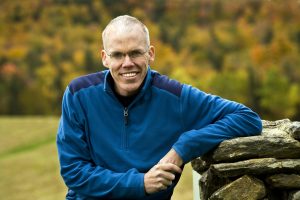To be a Media Practitioner
Remember: Your studio visit is with Stayci Taylor, in Week 5 on Thursday, 30th of March. It’s in building 9, floor 3, room 12.
Common Features of Studio Learning
- Relatively student centred
- Reflective practice
- Problem framing and solutions
- Emergent curriculum activity-centric, many big projects.
Figure out the particular learning mode that you operate best in. We should practice reflecting, and responding to feedback. A book that relates to this is “The reflective Practitioner”
We use blogs as a means of reflective practice. It means we can document our practice as leaners and show how we’ve grown. It allows us to record our achievements & progress. We can see and understand arrange of various voices in humour of different statuses.
Figure out the difference between writing a reflective piece, and a professional piece. Don’t rely on description. You need analysis and reflection
- Choose something to reflect on
- Brainstorm
- Plan a Structure
- Conduct extra research
- Write
- Edit
- Post the link on your blog
“You’ve got to find what you love. And that is as true for your work as it is for your lovers. Your work is going to fill a large part of your life, and the only way to be truly satisfied is to do what you believe is great work. And the only way to do great work is to love what you do. If you haven’t found it yet, keep looking. Don’t settle. As with all matters of the heart, you’ll know when you find it. And, like any great relationship, it just gets better and better as the years roll on. So keep looking until you find it. Don’t settle…
You’ve got to be careful telling people to follow their passion. Very few students had a passion that led to a career choice. Steve Jobs himself did not follow his passion, in the period leading up to apple, he did not have a passion for apple entrepreneur-ship, he stumbled into it. Though he eventually became passionate.
Bill Mckibben has a working life that he loved, and the reason he loves his career is through skill. He became particularly passionate after he published his first book. He quit his job at a magazine company, and he’d become the most talented of environmental writers.
Bill McKibben had a great work ethic, he wrote and wrote and wrote, and through brute practice he had become fantastic.
People systematically built up a particular skill and used it as leverage.
Snowball Effect: As you improve at a skill, you become more and more passionate about it
(Very much like myself with Piano)
Deep thinking, cognitive strain, that is really uncomfortable, is the state you improve at a particular skill. Time planning can prove to be really important for this.
Steve Jobs may have stumbled into Apple, but he became quickly obsessive in what he was doing, and quickly very passionate.
